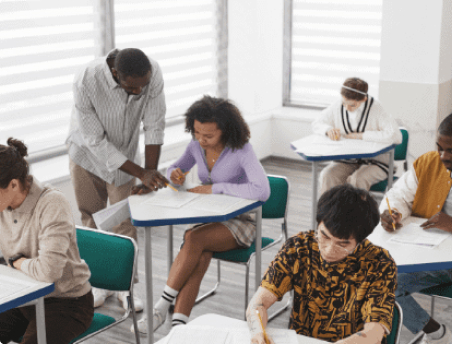
Observation Studies in Special Education
The purpose of the study is to understand the extent to which research based on observation provides compelling evidence to support common practices related to current observational research.
The MARIO Framework® pedagogy is founded on what science has revealed about learning – including
disciplines concerning the whole person and the ways we gain mastery.
MARIO Education focuses on what matters most: improving the quality of school relationships through impactful student-teacher conversations.
Targeted 1:1 conversations every class period led to significant academic gains. Students who participated in our intervention showed notably higher GPAs in core subjects compared to peers in control groups, demonstrating the real impact of meaningful connection.
Director of Scientific Affairs at Boston Strategic Partners

Author & Founder of Novak Education

Co-Founder & CEO of MARIO Education
These academic researchers support our mission to help bridge the gap between educational researchers and practitioners. Together with MARIO, they are committed to empowering and inspiring more educators to become teacher-researchers.
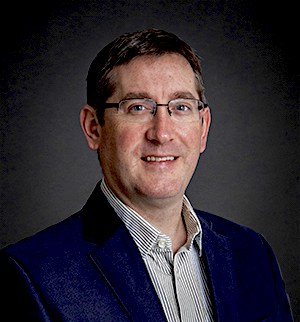
Ball State University
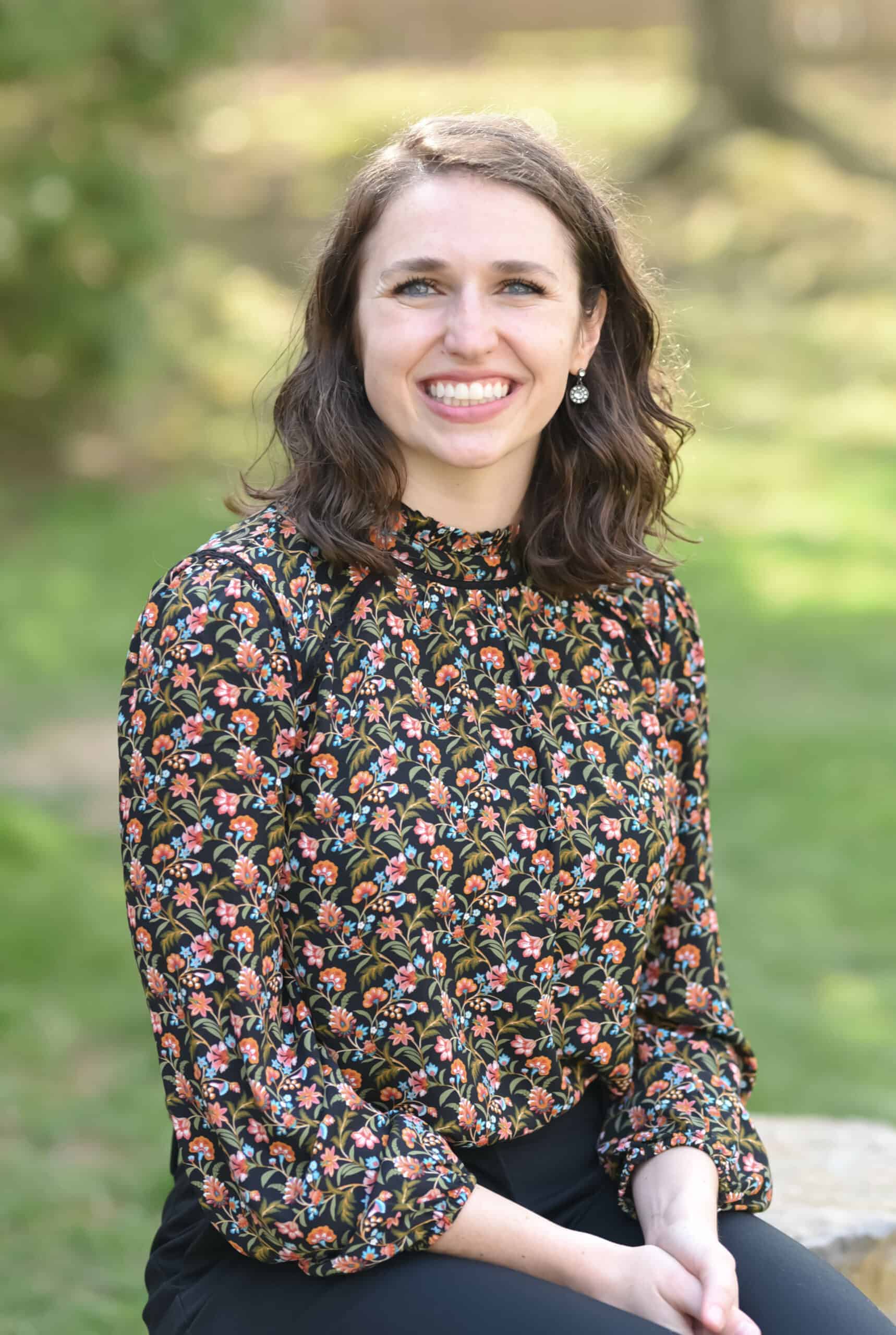
Penn State University
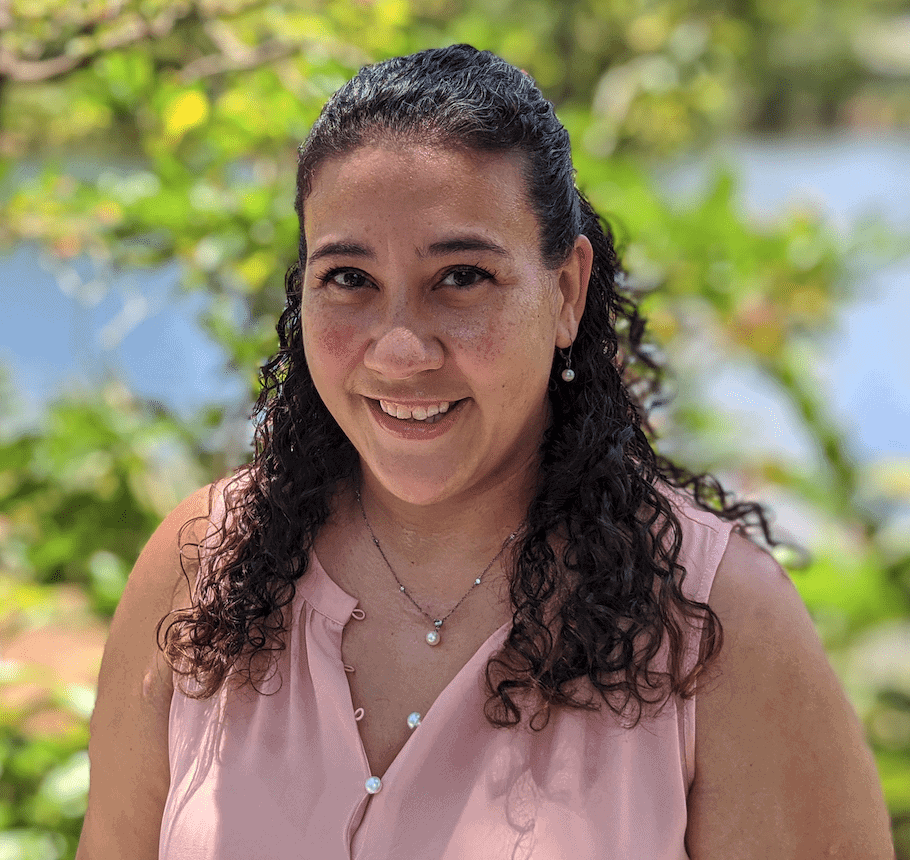
Growing Minds Consulting, LLC
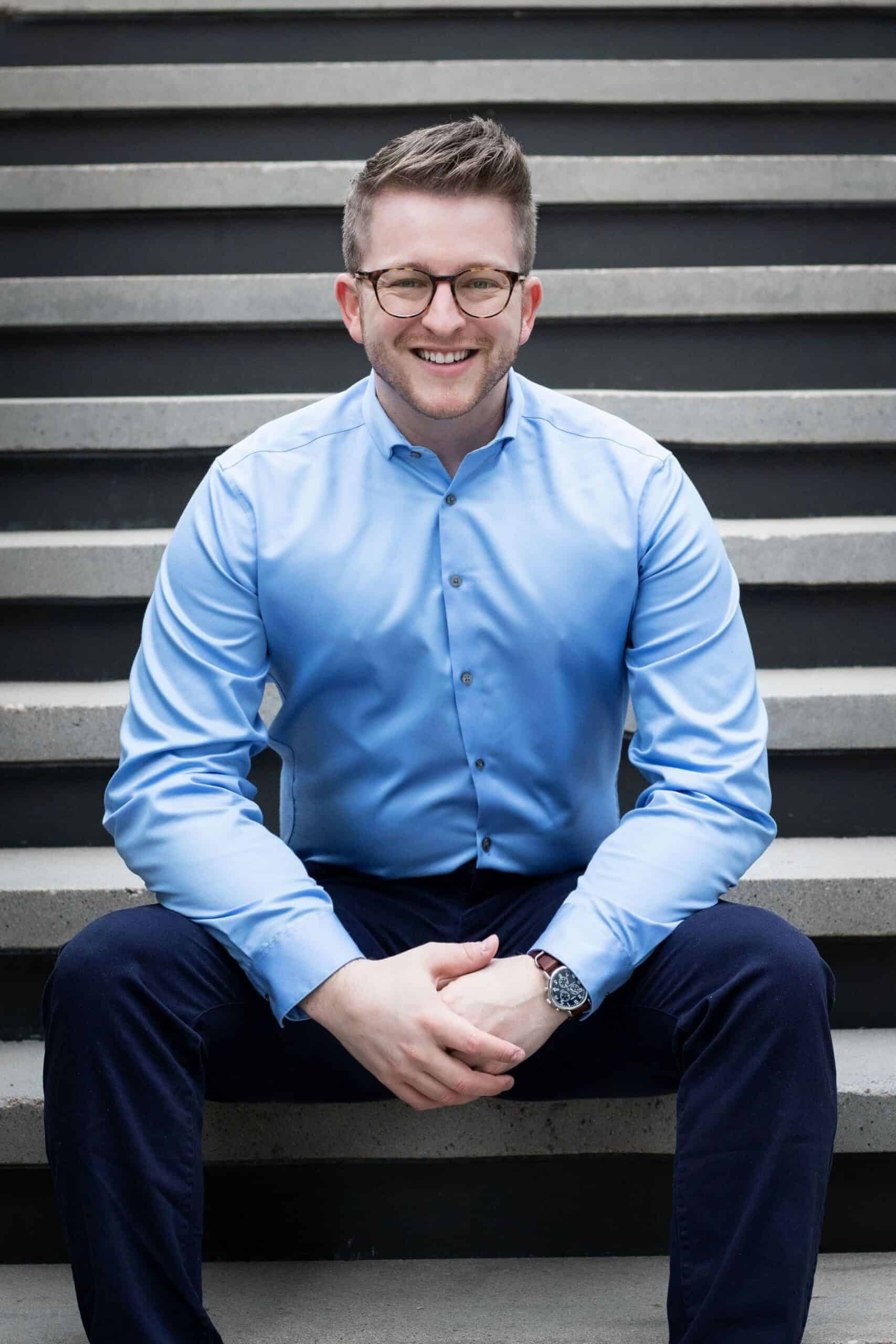
Practical Psychological Services
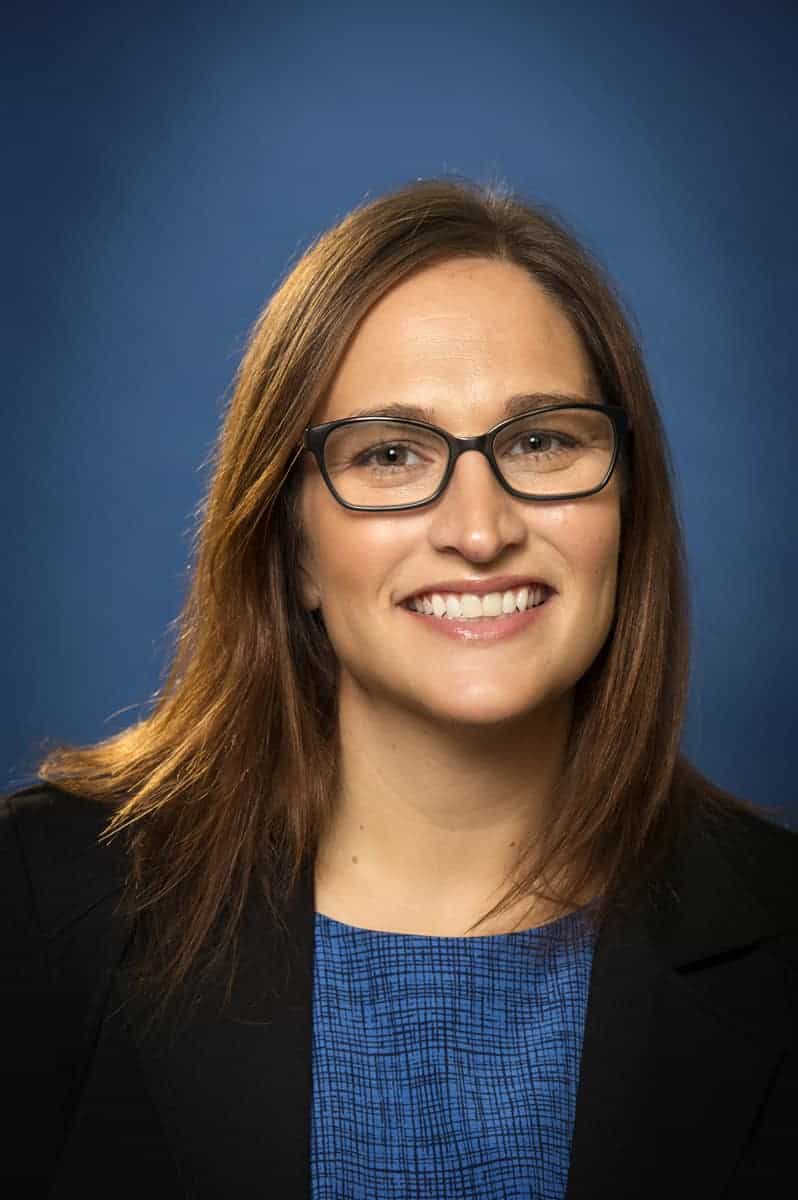
University of Colorado, Colorado Springs
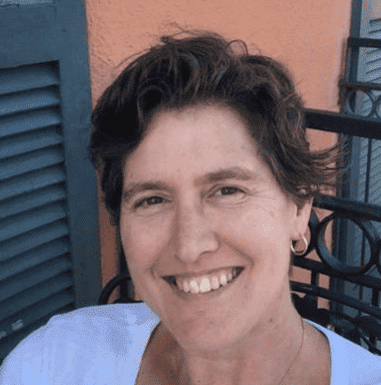
University of Houston-Clear Lake

Penn State University

University of Winchester

Practical Psychological Services
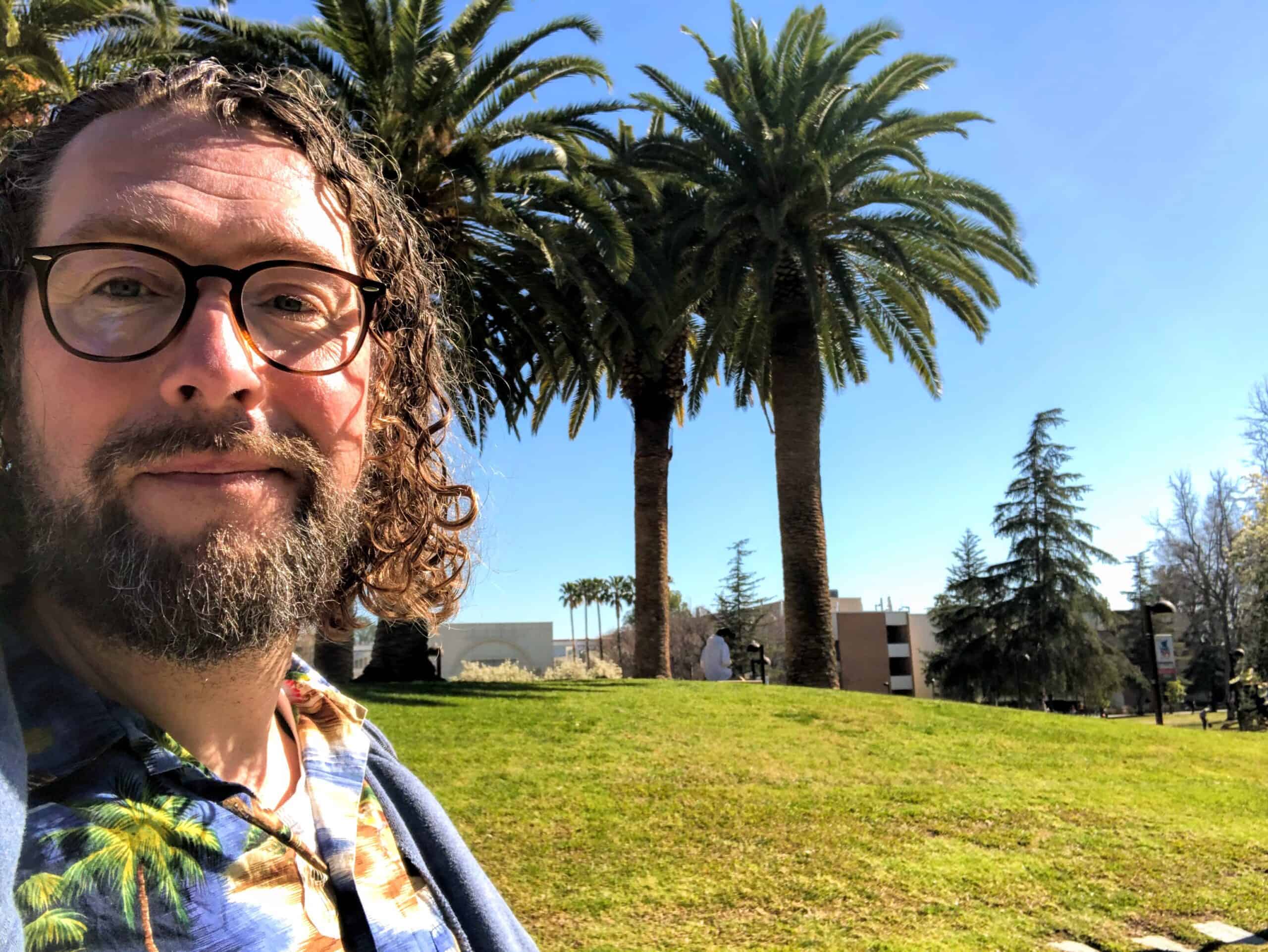
Kristianstad University, Faculty of Education

University of Houston-Clear Lake

Malmö University

University of Winchester

Linneaus University

Kristianstad University, Faculty of Education
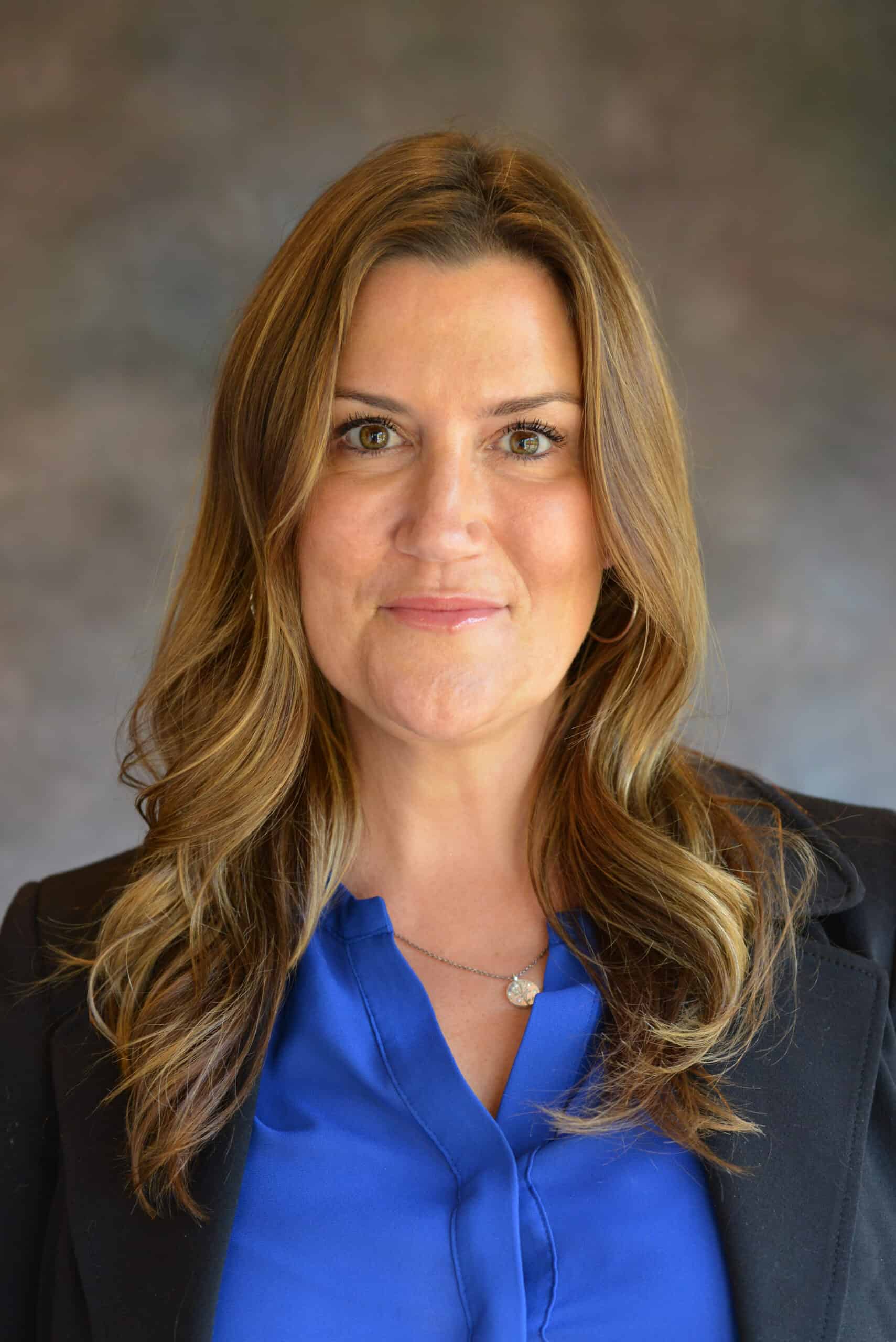
Point Loma Nazarene University

Malmö University
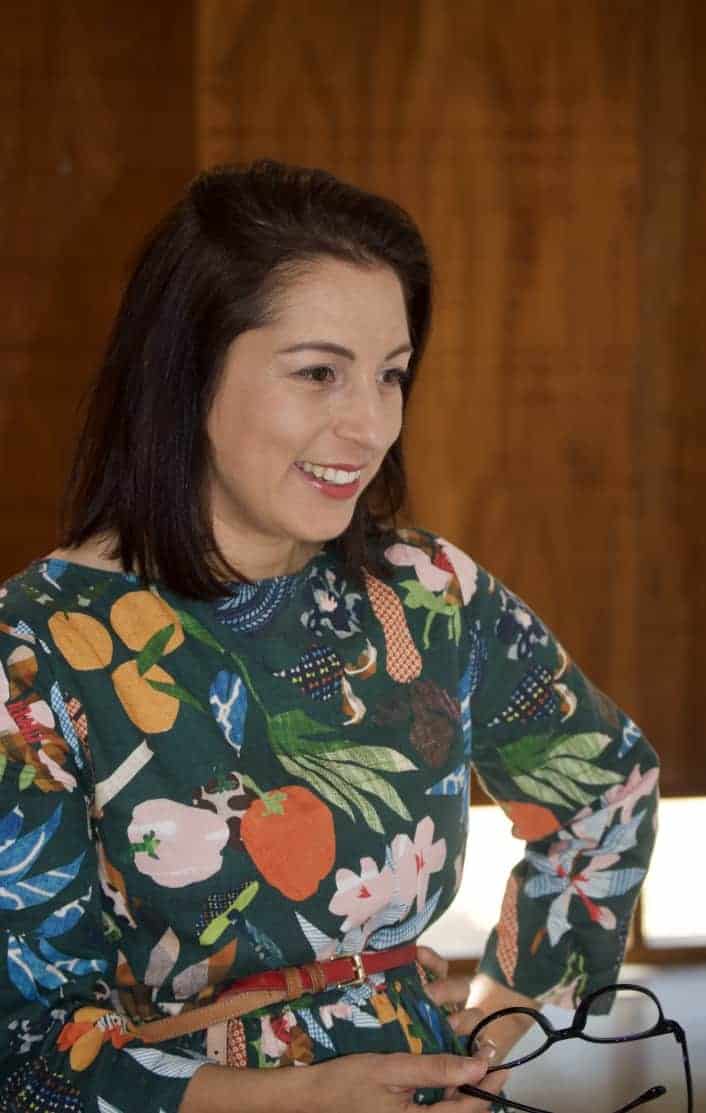
Monash University
We understand that educators are pressed for time. To help, our team reviews recently published studies on a monthly basis and posts key findings and potenti

The purpose of the study is to understand the extent to which research based on observation provides compelling evidence to support common practices related to current observational research.
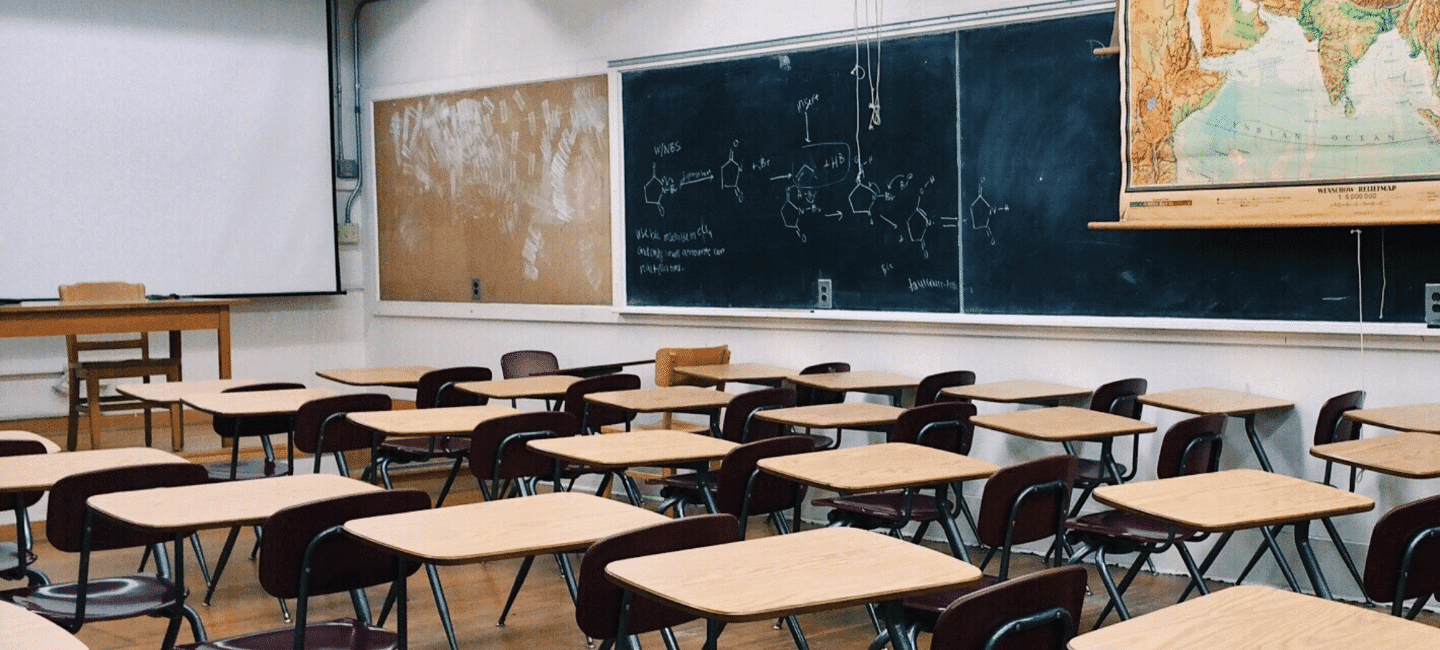
School shootings within the United States are an ongoing and national issue without current resolution. The authors seek to address prevention through the possibility of an interprofessional approach that includes school district administrators and parents, students, and community members.

The number of students with registered disabilities enrolling in colleges and universities across the United States is continuing to increase, speaking to the myriad of improvements and advancements in technology, legislation, and treatment over the past few decades.

There exists much debate about the effects of digital technology environments on children. The study aimed to determine whether or not the use of an educational app can positively impact preschoolers’ attention development.
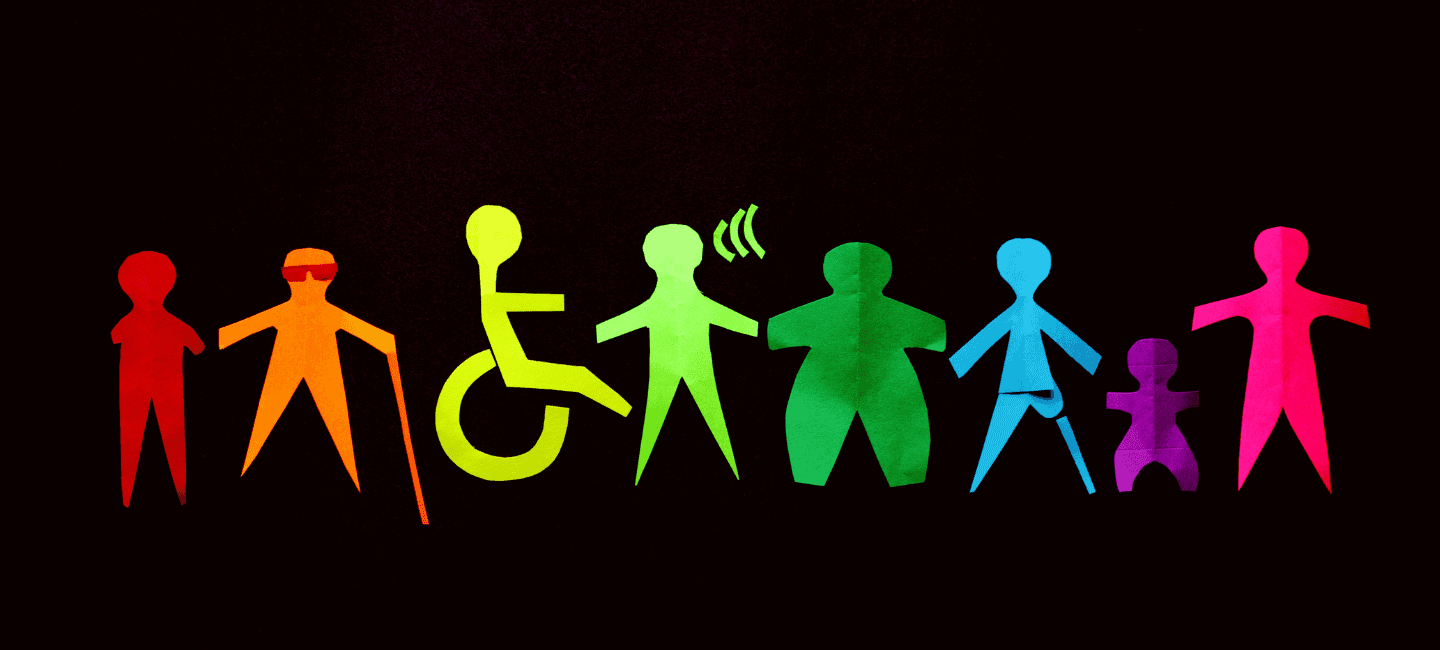
The study by Kozibroda et al. (2020) was conducted as a meta-analysis of research into the practice and innovations of inclusive education following a noteworthy increase of inclusive classes and a rise in the number of teaching assistants within the Ukrainian education system from 2016-2019.

The purpose of the study was to examine the current literature on the use of digital Game-Based Learning (GBL) for students with intellectual disabilities.
If you asked me two years ago while I was in Teacher’s College whatmy dream job would be, I would have replied without hesitation…”Easy! A
“Don’t offer a lecture to a person who needs a hug” – Funmi Iyanda Dear fellow educators, As I write, it is nearing the end

We should be creating awareness of the existence of perpetuated educational psychology misconceptions and the lack of published literature on the effects of the spread of unjustified belief systems in K-12 teaching practices.
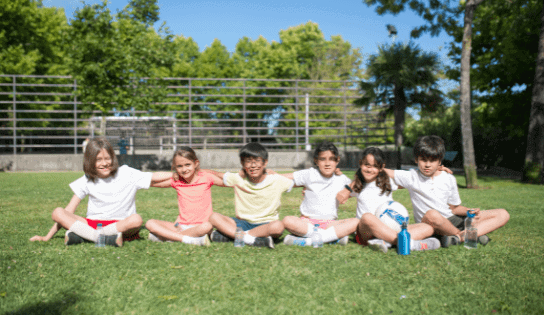
This study was conducted in order to identify practical ways for teachers to create a socially inclusive environment for children who demonstrate persistent challenging behaviors (PCBs) and/or who have social-emotional delays.

The purpose of the study is to understand the extent to which research based on observation provides compelling evidence to support common practices related to current observational research.

School shootings within the United States are an ongoing and national issue without current resolution. The authors seek to address prevention through the possibility of an interprofessional approach that includes school district administrators and parents, students, and community members.

The number of students with registered disabilities enrolling in colleges and universities across the United States is continuing to increase, speaking to the myriad of improvements and advancements in technology, legislation, and treatment over the past few decades.

There exists much debate about the effects of digital technology environments on children. The study aimed to determine whether or not the use of an educational app can positively impact preschoolers’ attention development.

The study by Kozibroda et al. (2020) was conducted as a meta-analysis of research into the practice and innovations of inclusive education following a noteworthy increase of inclusive classes and a rise in the number of teaching assistants within the Ukrainian education system from 2016-2019.

The purpose of the study was to examine the current literature on the use of digital Game-Based Learning (GBL) for students with intellectual disabilities.
If you asked me two years ago while I was in Teacher’s College whatmy dream job would be, I would have replied without hesitation…”Easy! A
“Don’t offer a lecture to a person who needs a hug” – Funmi Iyanda Dear fellow educators, As I write, it is nearing the end

We should be creating awareness of the existence of perpetuated educational psychology misconceptions and the lack of published literature on the effects of the spread of unjustified belief systems in K-12 teaching practices.

This study was conducted in order to identify practical ways for teachers to create a socially inclusive environment for children who demonstrate persistent challenging behaviors (PCBs) and/or who have social-emotional delays.
© 2019-2025 MARIO Framework®, LLC, All Rights Reserved
MARIO Framework, LLC dba MARIO Education, info@marioeducation.com 8 The Green, STE 16162, Dover DE 19901, United States, +1-302-490-0946